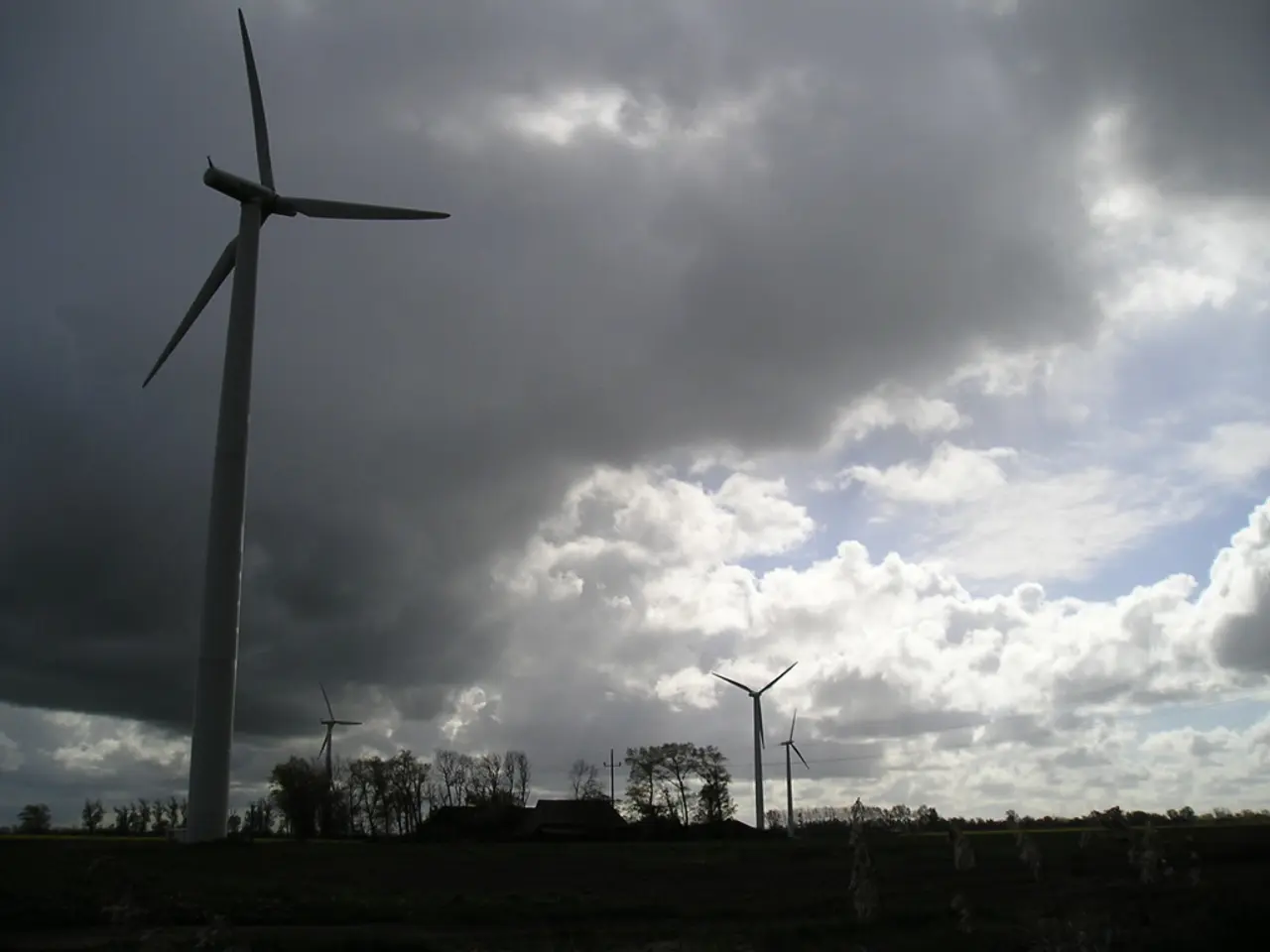A Decrease in Net Migration to Germany in 2024: What's the Story?
Migratory inflow to Germany in the year 2024 keeps on diminishing - Germany's net immigration figures expected to decline even more in 2024
An interesting turn of events in 2024 saw a decrease in net migration to Germany—a shift from the previous years. Let's unpack why that is.
Statistics showcased a reduction in the number of people moving into Germany, with a total of 1.69 million individuals joining the country, marking a 12% drop compared to 2023. Simultaneously, the number of people leaving remained relatively stable at 1.26 million.
The decrease in immigration was significantly noticeable in key countries of origin, such as Syria, Turkey, and Afghanistan. There was a noticeable drop of 25%, 53%, and 32% respectively from these countries. However, the net migration from Ukraine remained fairly constant, with both the number of people moving in and out deceasing equally.
Another notable change was the reduced immigration from European Union (EU) states. A peculiar development was that more people moved from Germany to other EU countries than vice versa, marking the first time since 2008. The decline was particularly significant from Poland, Bulgaria, and Romania, with a decrease of 21%, 18%, and 8% respectively.
With over one million migrations recorded across federal state borders, Brandenburg saw an increase of 12,000 people, followed by Bavaria and Schleswig-Holstein. On the flip side, Berlin registered the highest migration losses, with a decrease of 15,000 people. Thuringia, Hesse, and North Rhine-Westphalia followed closely.
While the decrease in net migration might seem puzzling, it is essential to delve deeper. A comprehensive analysis suggests that a combination of factors contributed to this shift.
Firstly, a significant number of highly educated migrants are questioning their stay due to concerns such as high taxes and bureaucracy along with experiences of discrimination. Secondly, despite some policy measures like pushbacks at borders and cost cuts to language integration courses, their impact on curtailing migration inflows has been minimal. Finally, changes in citizenship laws have led to an increase in naturalizations, indicating better integration paths, but these shifts may affect net migration statistics by altering migrant status categories.
In summary, the 2024 migration statistics indicate a complex interplay of factors driving the decrease in net migration to Germany. High emigration intentions among skilled migrants, coupled with fairly weak enforcement of migration control policies, have contributed to this shift.
- The decrease in net migration to Germany in 2024 could be linked to the rise in concerns among highly-educated migrants about high taxes, bureaucracy, and experiences of discrimination, fostering a desire to emigrate.
- On the political front, the relatively weak effectiveness of policy measures such as border pushbacks and cost reductions in language integration courses may have contributed to the continued influx of migrants, while changes in citizenship laws have led to an increase in naturalizations, potentially altering migrant status categories and affecting net migration statistics.







